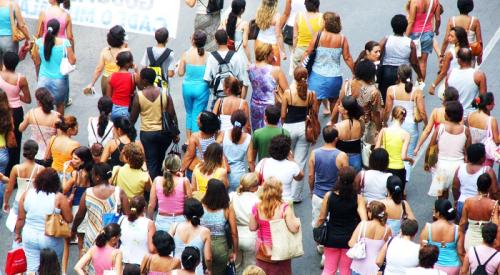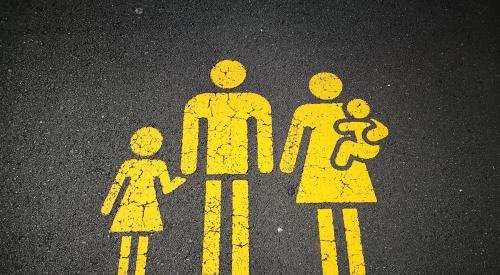Homeownership has been considered essential to The American Dream, but new research argues that the rise of renting in the U.S. is part of a "Great Housing Reset," as generations adapt to a new, more flexible, knowledge-based economic system.
Martin Prosperity Institute research manager Karen King and Director of Cities Richard Florida recently used Census data to map the reset onto the nation's metros from 2000 to 2015 (including the housing crisis and recovery). Florida is also a co-founder of CityLab. They concluded that, "the most innovative and dynamic metropolitan areas consistently post the lowest homeownership rates." Indeed, the homeownership rate dropped in 90 percent of the metros studied. By contrast, rapidly gentrifying communities typically had the greatest rises in homeownership.
Great resets are generational events representing an adjustment to a new economy. We are still in the middle of the shift from an industrial system that was powered in large part by suburban homeownership—and the demand for manufactured products it helped create—to a new, highly clustered knowledge-based system in which cities are the basic platform for economic activity. The shift from homeownership to more flexible rental housing reflects the realities of that broader transformation.













